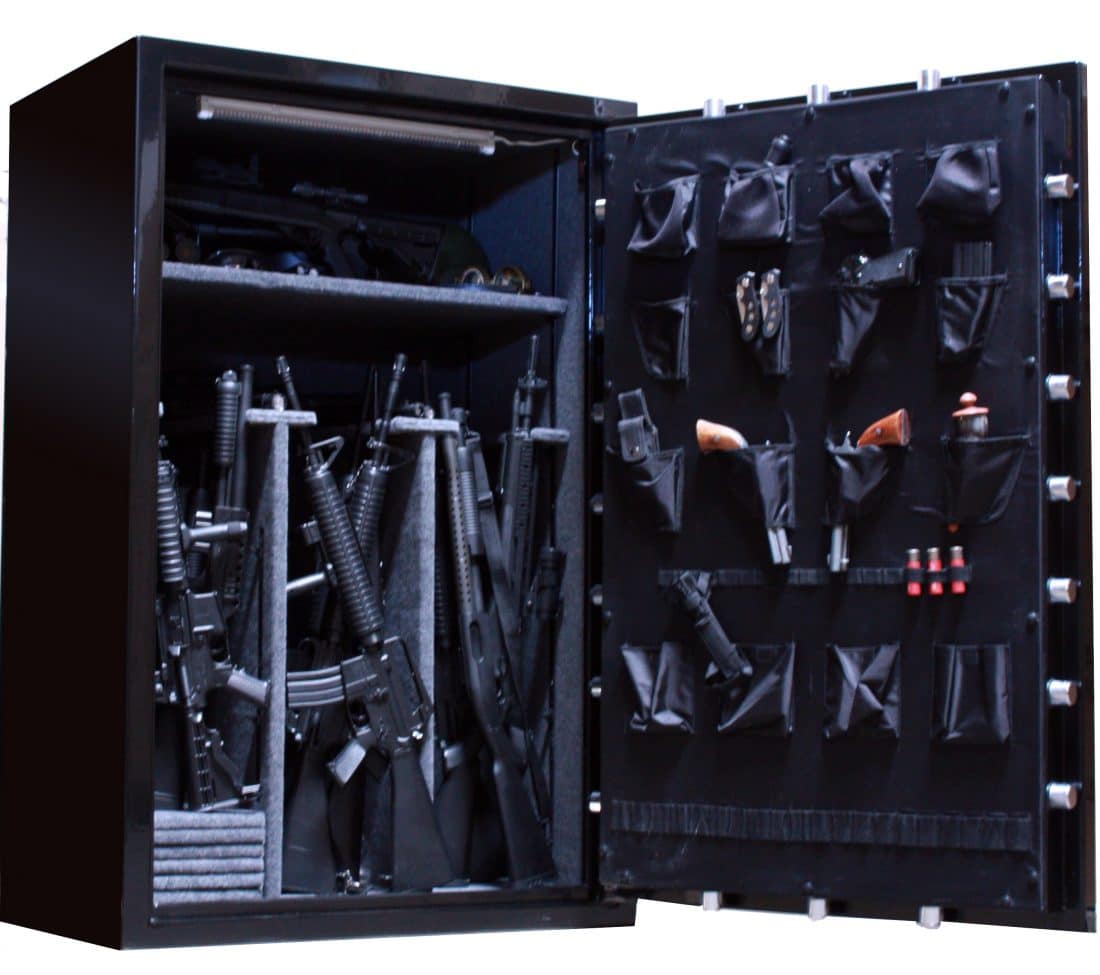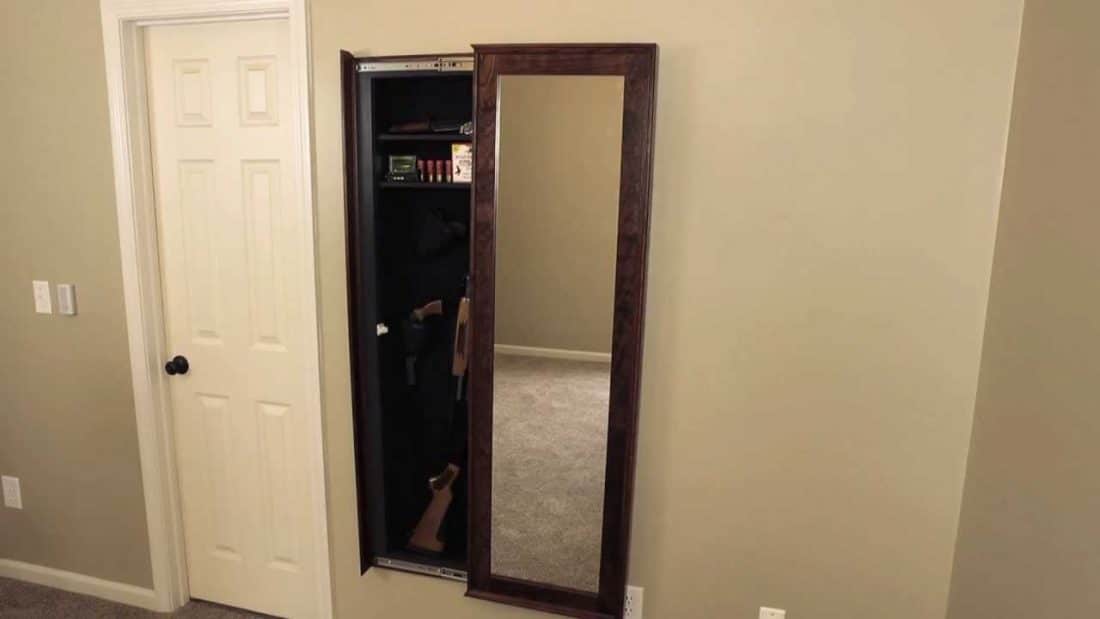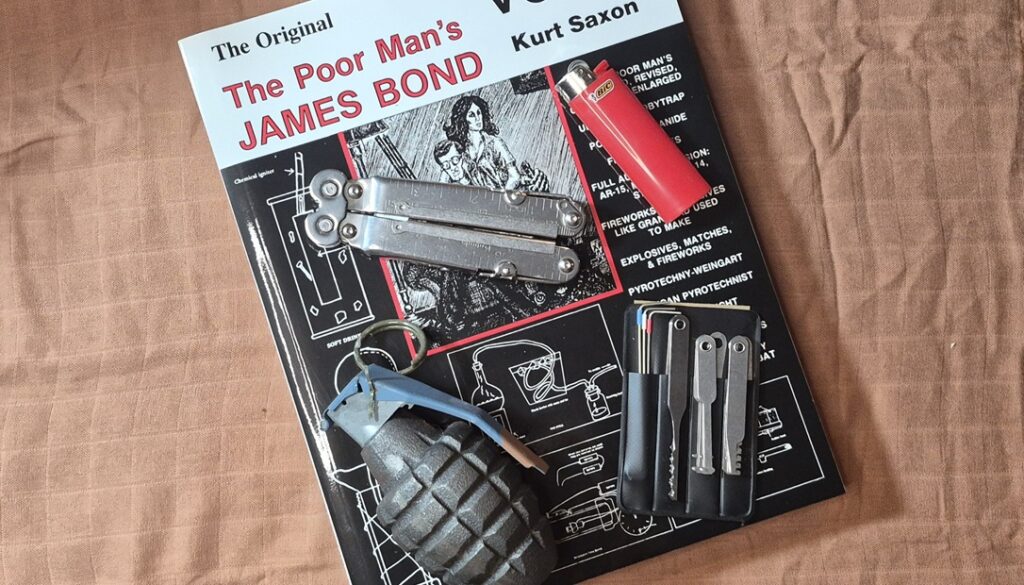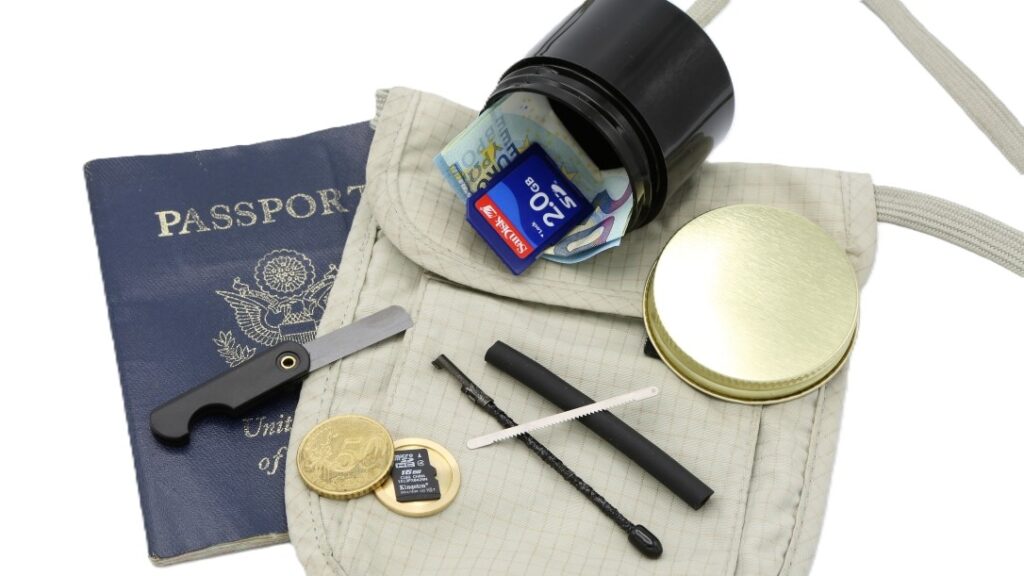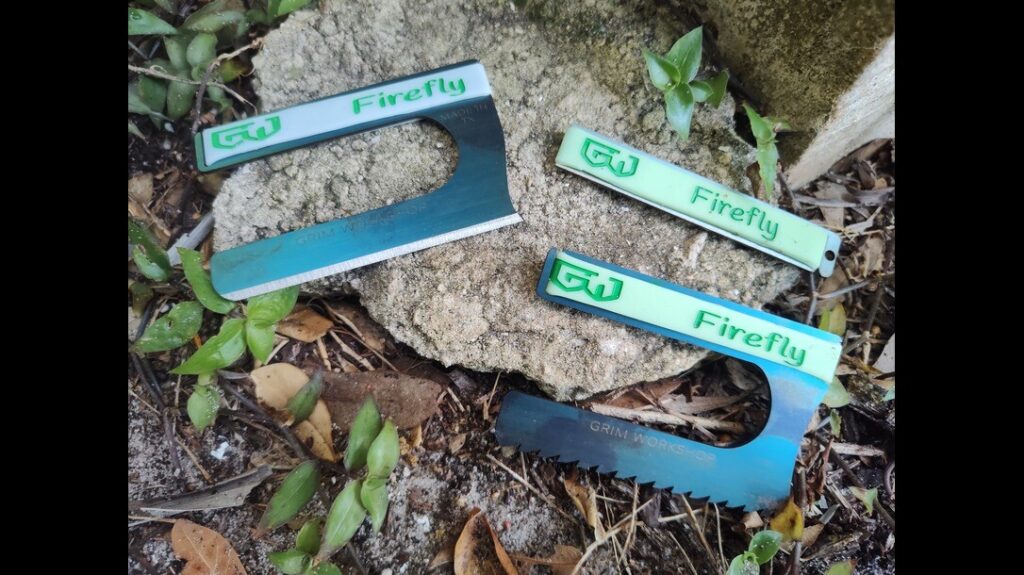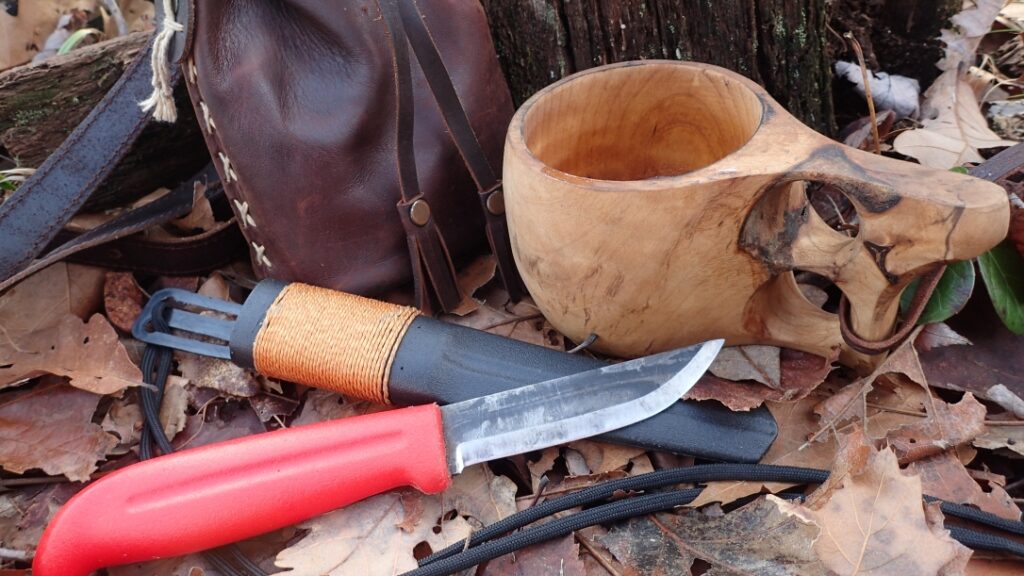A good gun safe is an absolute necessity for any serious gun owner. There are many advantages of having a decent safe.
First and foremost, storing your guns in a good safe keeps them protected against a variety of dangers and risks. While it may seem that the biggest danger for your guns is theft, and while a gun safe will certainly protect your weapons from this, in reality the majority of weapons destroyed each year in the US are taken by fire and flooding. It is therefore essential that the gun safe you choose protects your weapons against these dangers.
Beyond this, a good gun safe will allow you to store your weapons in a way that reduces the possibility of accidental damage, and will also allow you to access every weapon you own easily and quickly. And last but not least, getting a gun safe is a great way of showing off your collection of firearms!
If you are looking to get your first gun safe, or are in the market for an upgrade on your gun storage capacity, there are a few key factors to consider when choosing your safe. Let’s take a look at a few.
Advertisement — Continue Reading Below
Size and Capacity
The most common mistake that people make when choosing a new safe is to get one that is just big enough for their current collection of guns, and not the weapons they will own in the future. Trust me, if you already need a gun safe to store your collection, in 10 years you are going to need more space than you think you will.
This is a particularly important consideration when buying a gun safe, because these are not cheap items. Think of the money you will spend on a gun safe as an investment – if you mount the safe properly, and maintain it carefully, there is no reason that a quality gun safe will not last forever.

While having a huge 64-gun safe is out of the reach of most people, you should always buy the biggest safe that you can afford, just in case. Remember, also, that the safe can be used to protect many items other than guns, and that some of the best safes come with compartments for your wife’s jewelry, and any other valuable items you currently have lying around.
Advertisement — Continue Reading Below
Wall Safes Vs. Floor Safes
The second major factor to consider when buying a new safe is where you are going to mount it. Keep in in mind that a gun safe, in itself, is a very heavy item, even before it is stacked full of rifles. I’ve heard stories of people seriously and permanently damaging their houses by mounting their safe in the wrong place, so make sure you do your research before mounting your safe.
A common debate in this area is the advantages of a floor-mounted safe vs. a wall-mounted one. Both types can carry a significant amount of weight if installed properly, though floor safes are better if you want to store a huge collection of weapons. On the other hand, wall-mounted gun safes are typically easier to access and use on a daily basis, so if you are taking you weapons in and out of your safe every day, it could be worth getting a wall-mounted safe for your smaller, most commonly used guns.
Biometrics
The most advanced gun safes available at the moment incorporate biometric security to keep your guns safe. They require you to prove your identity, most commonly using your fingerprints, in order to open the safe.
It is hard to criticize this development. Biometrics makes keeping your guns secure a whole lot easier, and with no keys to lose you eliminate the possibility that you will be locked out of your own safe. While some old-timers may moan about this change, in reality biometric safes will become standard over the next few years, and if you are in the market for a new safe it makes a lot of sense to get one now.
Advertisement — Continue Reading Below
Protection
As I said above, it may seem like the primary purpose of a gun safe is to keep your guns from being stolen. In reality, however, almost any gun safe you buy will achieve this easily – it is not difficult to make a metal box that is essentially impervious to anyone armed with standard tools.
Instead, you should be worrying about other risks to your weapons. Chief among these are fire and flooding. Safes are given fire ratings to tell you how long they are able to resist fire and water, and the level of protection available today is truly astonishing. A good safe will protect your weapons against a fire burning at 1400 degrees for up to an hour, which is more than enough to protect your weapons against the typical house fire.
Flooding is a more complex risk, because while almost any gun safe will stop water leaking inside, if your house is flooded your safe is going to be essentially unusable until you can clear the water out. For this reason, and especially if you live in an area with a high risk of flooding, you should carefully consider where you mount your safe. If your main weapon storage is in your basement, for instance, it is likely that it is going to be one of the first things affected by flooding. In this situation, it is worth getting a smaller, wall-mounted safe to use while your main storage is out of action.
Advertisement — Continue Reading Below
Whatever Works For You
Ultimately, what you are looking for in a gun safe is a storage solution that works for your needs. Hunters will require a different set up to those who like to carry a pistol concealed all day. While the basic requirements of any gun safe – enough room for all the weapons you want, fire and water protection, and the ability to keep your guns away from thieves – stay the same, you should always carefully think about the way in which you store your weapons to maximize your efficiency in using them.
Guest Post from Sam B.
